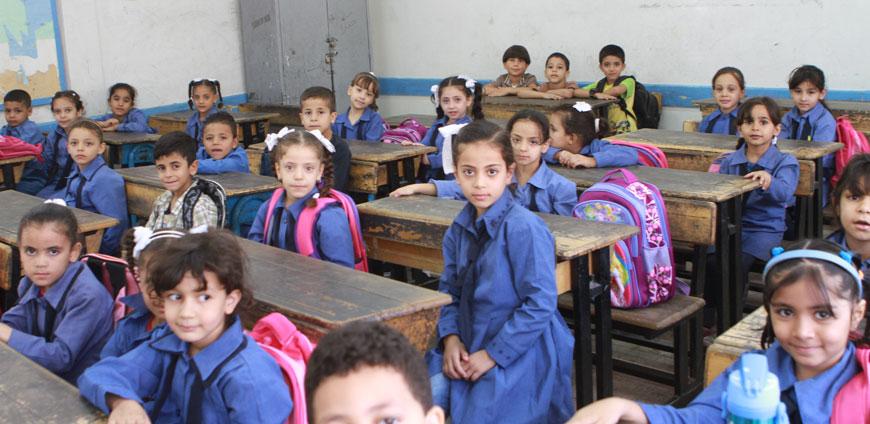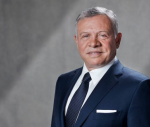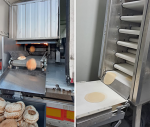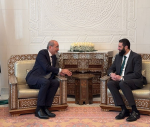You are here
Refugee response a collective responsibility of nations — Faraya
By JT - Jul 24,2023 - Last updated at Jul 24,2023
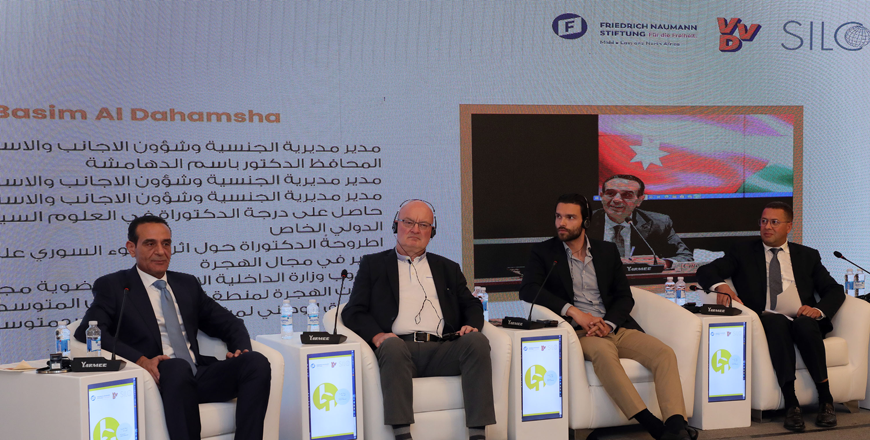
Speakers during the regional conference ‘Waves of Migration between the Southern and Northern Mediterranean Coasts’, organised by Ahla Network on Sunday (Petra photo)
AMMAN — “A refugee's true home is their country of origin,” Minister of Interior Mazen Faraya said on Sunday, stressing the commitment to facilitating voluntary repatriation, as “integration is not a preferred option”.
Deputising for Faraya, Director of Nationality and Foreigners Affairs at the Ministry of Interior Governor Basem Al Dahmashah addressed the regional conference "Waves of Migration between the Southern and Northern Mediterranean Coasts", organised by Ahla Network, according to the Jordan News Agency, Petra.
Faraya underscored the urgent need for collective responsibility among nations in tackling the issue
He also reiterated His Majesty King Abdullah's directives to stand by refugees, providing them with necessary services.
However, he underscored that the primary focus of the Jordanian government remains on its citizens, not refugees.
Drawing attention to the significant refugee population in Jordan, he revealed that the number of Syrian refugees exceeds 1.35 million, with approximately 233,153 births recorded since 2011.
Highlighting the mounting challenges faced by Jordan as it copes with the ongoing Syrian refugee crisis, he said that as of the first half of this year, the financial support within the response plan reached only 7.5 per cent of the required funding.
He also addressed the main challenges arising from the Syrian refugee crisis in the education sector, such as the increased number of students in schools and the administrative burden of providing qualified staff.
He also discussed the implementation of double-shift schooling, with 201 schools currently operating under this system. Additionally, he highlighted the shortage of schools and infrastructure due to the influx of Syrian students, with a total of 152,530 Syrian students enrolled in government schools for the current year.
The healthcare sector is grappling with a shortage of hospitals, clinics and medical staff, leading to overcrowding in medical facilities.
The labour market also faces significant challenges, with Syrian labourers increasingly replacing Jordanian workers due to lower wages. This economic shift — the economic empowerment for refugees — is costing the country an estimated JD239 million annually.
The estimated annual cost for shelter sector improvements amounts to around JD10 million a year.
In the water and sanitation sector, water demand has surged by 40 per cent in northern governorates and 21 per cent in other regions, with the annual cost for this sector standing at approximately JD133 million.
The total annual cost of the protection and justice sector stands at around JD336 million, the public services sector incurs an annual cost of about JD76 million.
He also stressed the necessity of supporting the World Food Programme, critical for providing aid to refugees.
Related Articles
MAFRAQ — The cost of the Jordan Response Plan to deal with the repercussions of the Syrian refugee crisis stands at $2.4 billion, and the in
AMMAN — Over 200,000 students of 85 nationalities are enrolled at Jordan's public schools, Deputy Prime Minister and Education Minister Moha
AMMAN — Prime Minister Omar Razzaz on Monday inaugurated the first two waqf (endowment) schools in the Kingdom, the Muhammad Sayel Husban Sc


